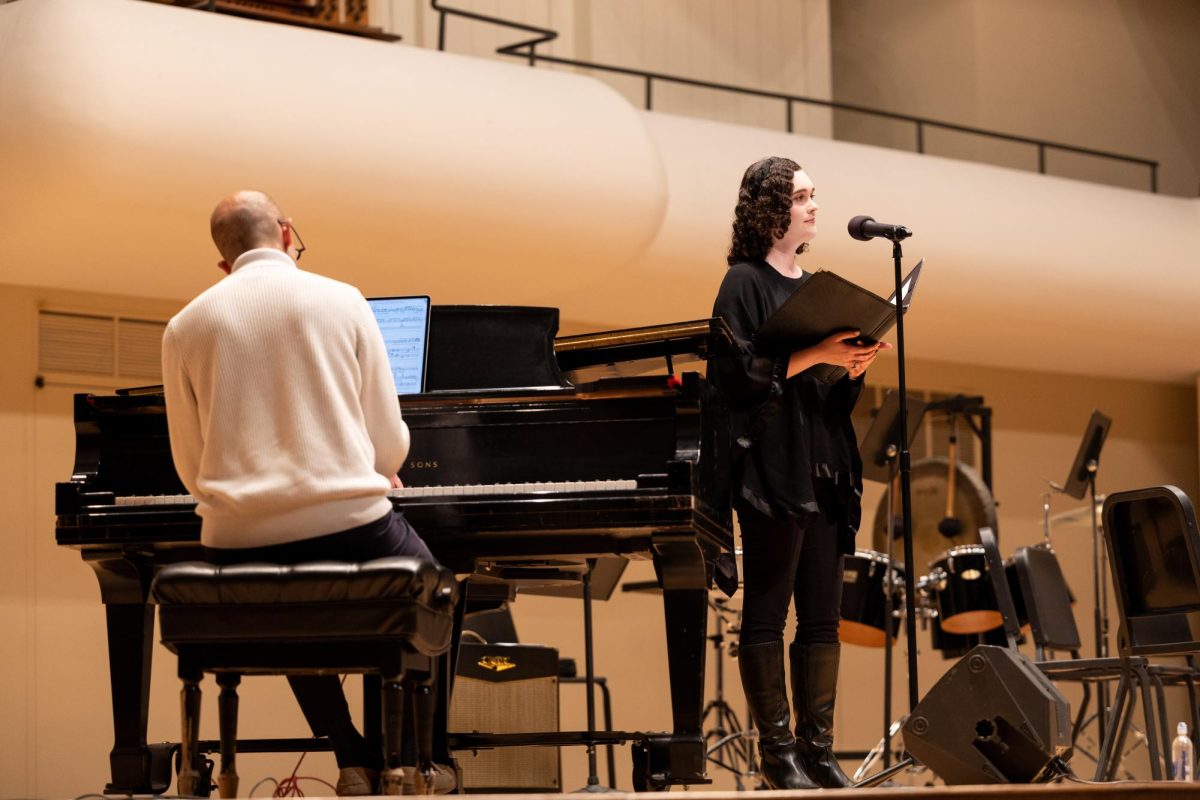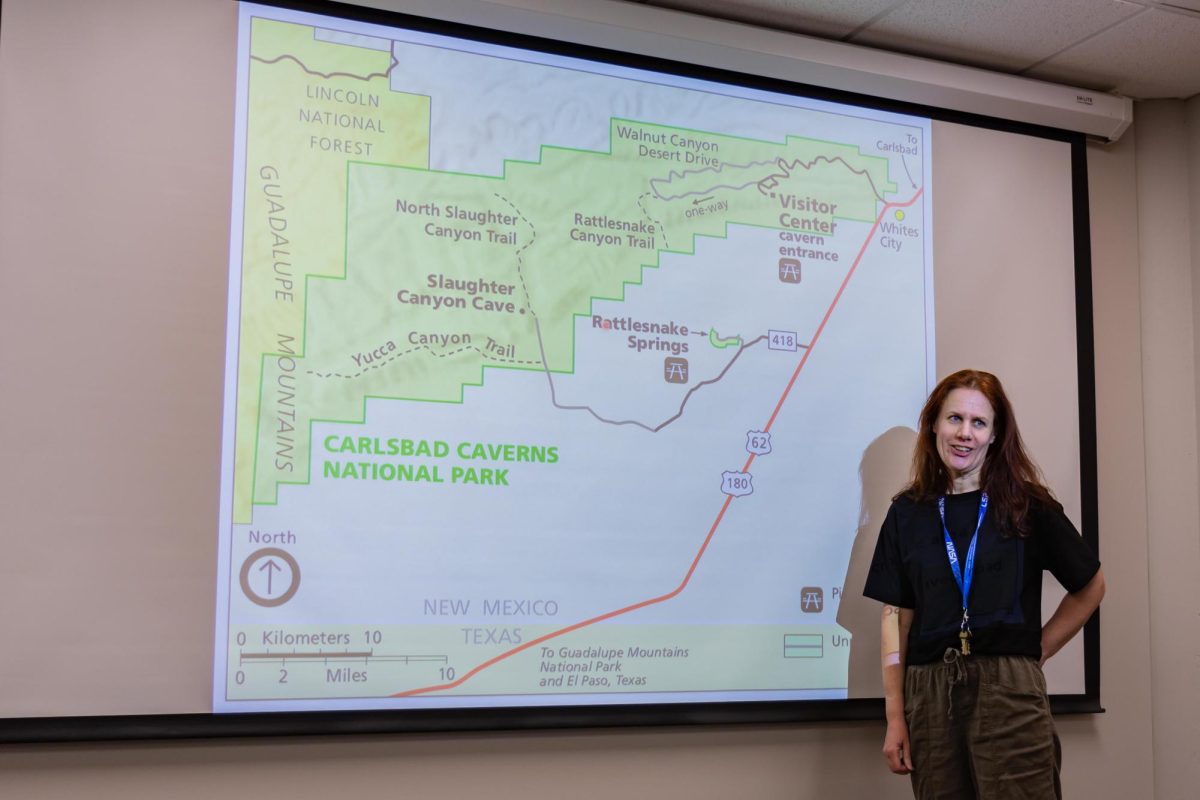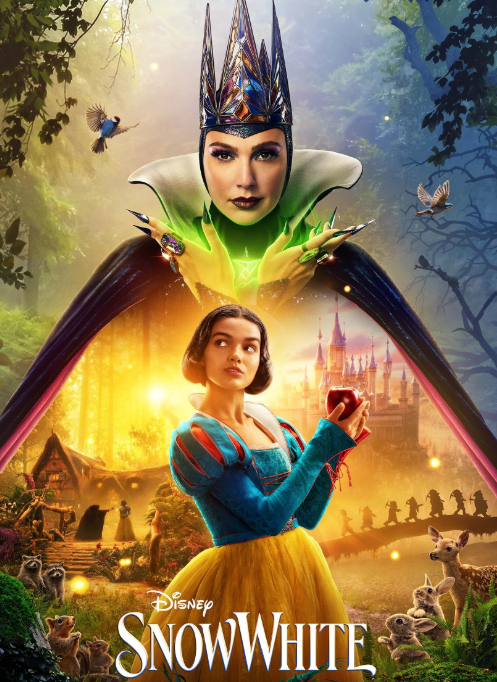Even the simplest of 3,000-word essays is enough to stress out the average student. Imagine the daunting task of writing 50,000 words in a mere month. However, people from all walks of life have been striving to accomplish just that throughout November as part of National Novel Writing Month.
National Novel Writing Month, affectionately nicknamed NaNoWriMo, is November 1–30 of every year. Its goal is to motivate prospective writers by setting a specific time frame for completing a novel. To complete the challenge, writers must write 50,000 words of their novel by the time the month is over.
Participants can sign up online and begin preparing to write their novels in October. The website allows writers to choose their region so they can be updated on local National Writing Month events and earn badges by accomplishing certain writing milestones.
“The great thing about NaNoWriMo is that it’s good for any level of writer,” said Tasha Coryell, a full time instructor in the English Department who is working on a novel herself. “It doesn’t matter if you’ve written 50 novels or zero, it provides a good framework for anyone. The biggest hurdle in writing fiction is actually sitting down and writing. Once you learn to do that, the rest is easy.”
Though it may seem simple to write on your own, writers often fall short of their goals due to obstacles like procrastination and self-doubt. National Novel Writing Month is designed to help potential novelists overcome these common barriers and achieve their creative desires.
“NaNoWriMo is certainly a convenience in writing my novel,” said Moon Yang, a senior majoring in English. “It keeps me motivated, I think. I’m not really a devout social media person, so I don’t really participate much in the online community aspect of the campaign, but it’s still quite nice to know there are other people out there who are also going through a similar writing experience.”
Some view the brevity of NaNoWriMo as a downfall. However, the consensus is that the pros outweigh the cons.
“I don’t think that you’re going to produce your best novel in novel writing month,” said Roman Paoletti, who is also a senior English major. “But when you are forced into this situation where you sit down, and you have to write like 1700 words a day within two weeks, you’ve written 25,000 words, and you realize you’re halfway to a novel. So, that’s what I see as the value. It shows people that it is an achievable goal, that you can write a novel.”
National Novel Writing Month’s website is full of valuable tools to keep writers going. It provides a word-count tracker, encouragement from published authors, and avenues to meet other writers online and in-person. There is even a page full of NaNoWriMo merchandise.
“I definitely believe in National Novel Writing month,” said Paoletti. “I think it shows people that writing a novel is achievable. It can be a little intimidating, just the raw man hours it requires, but when you have an event like this, you get a sense of community, and everyone joins together and obsesses about writing a novel for a month.”









